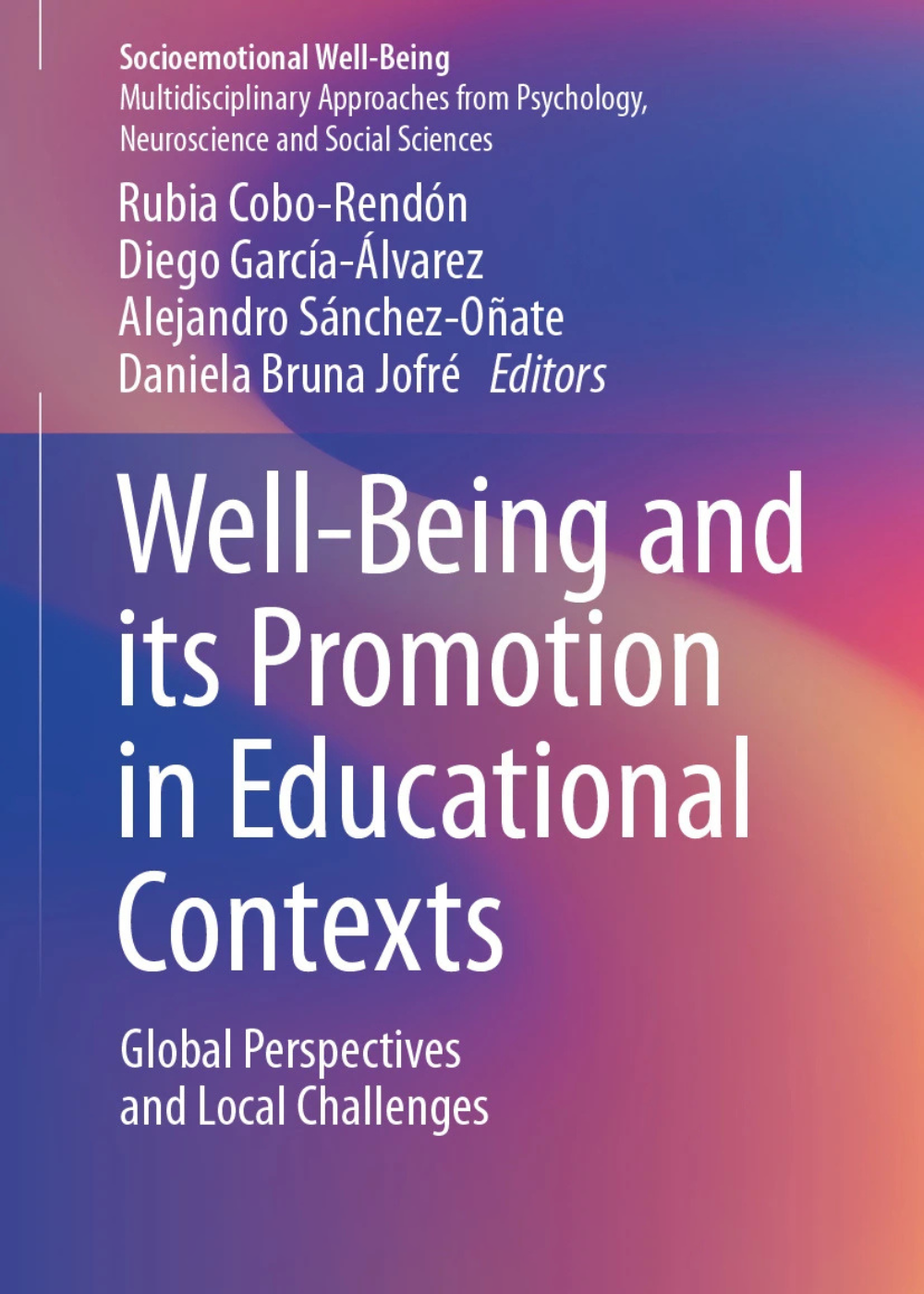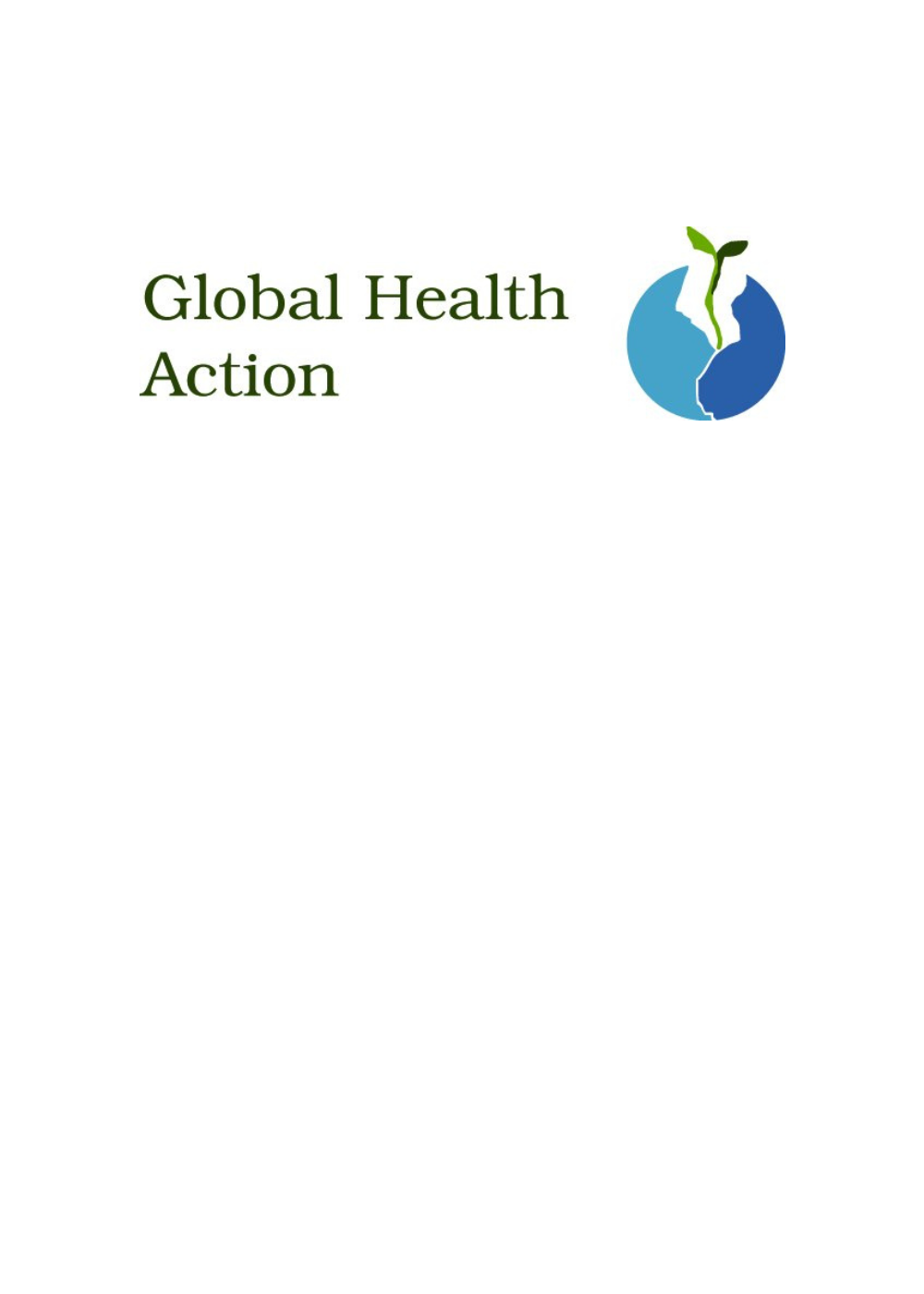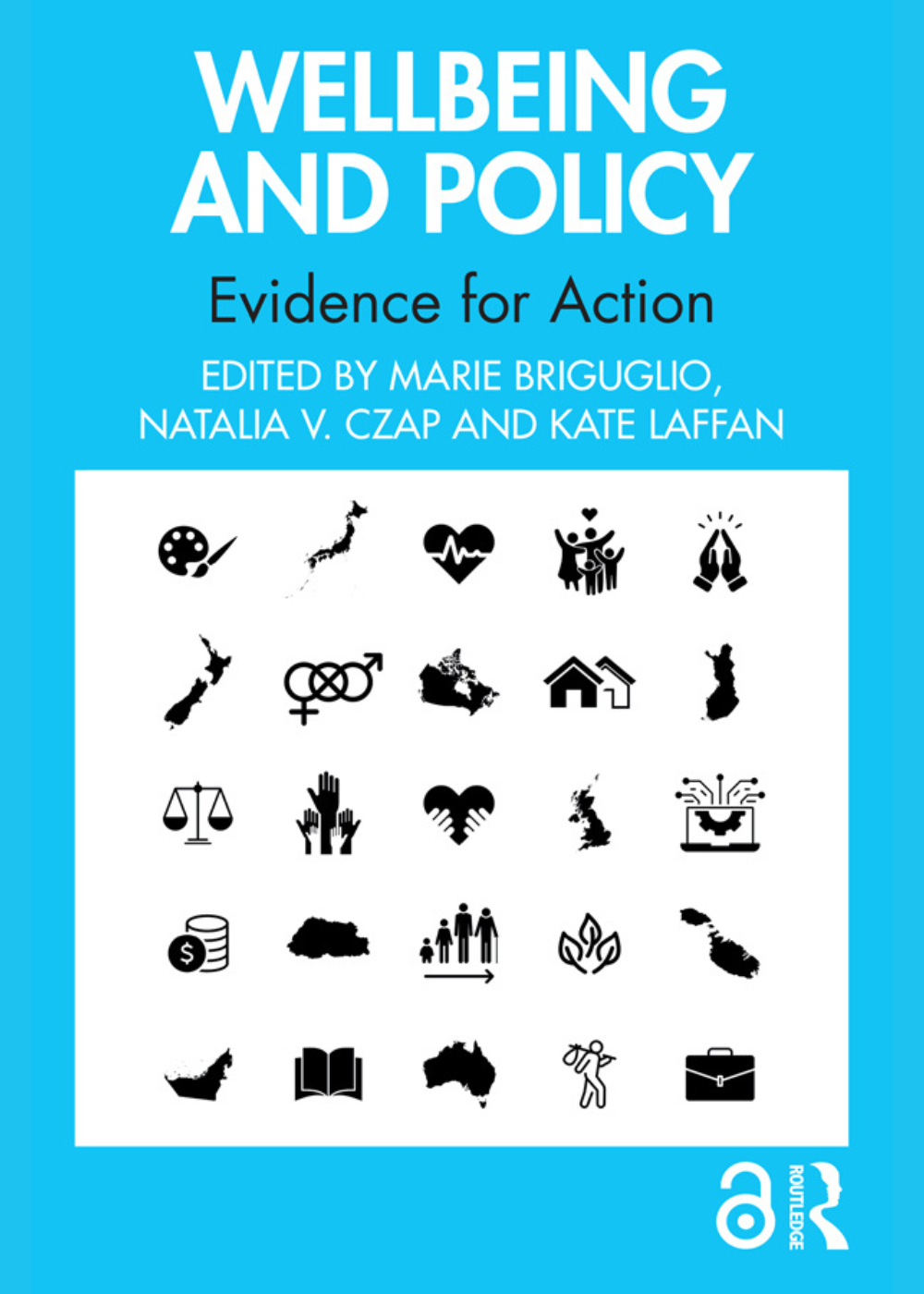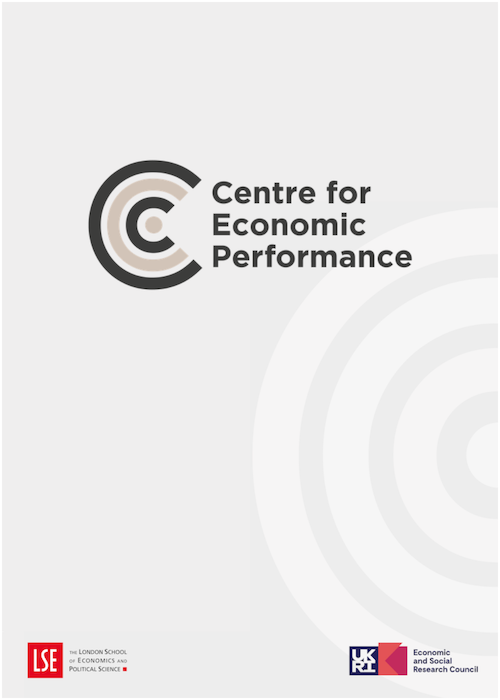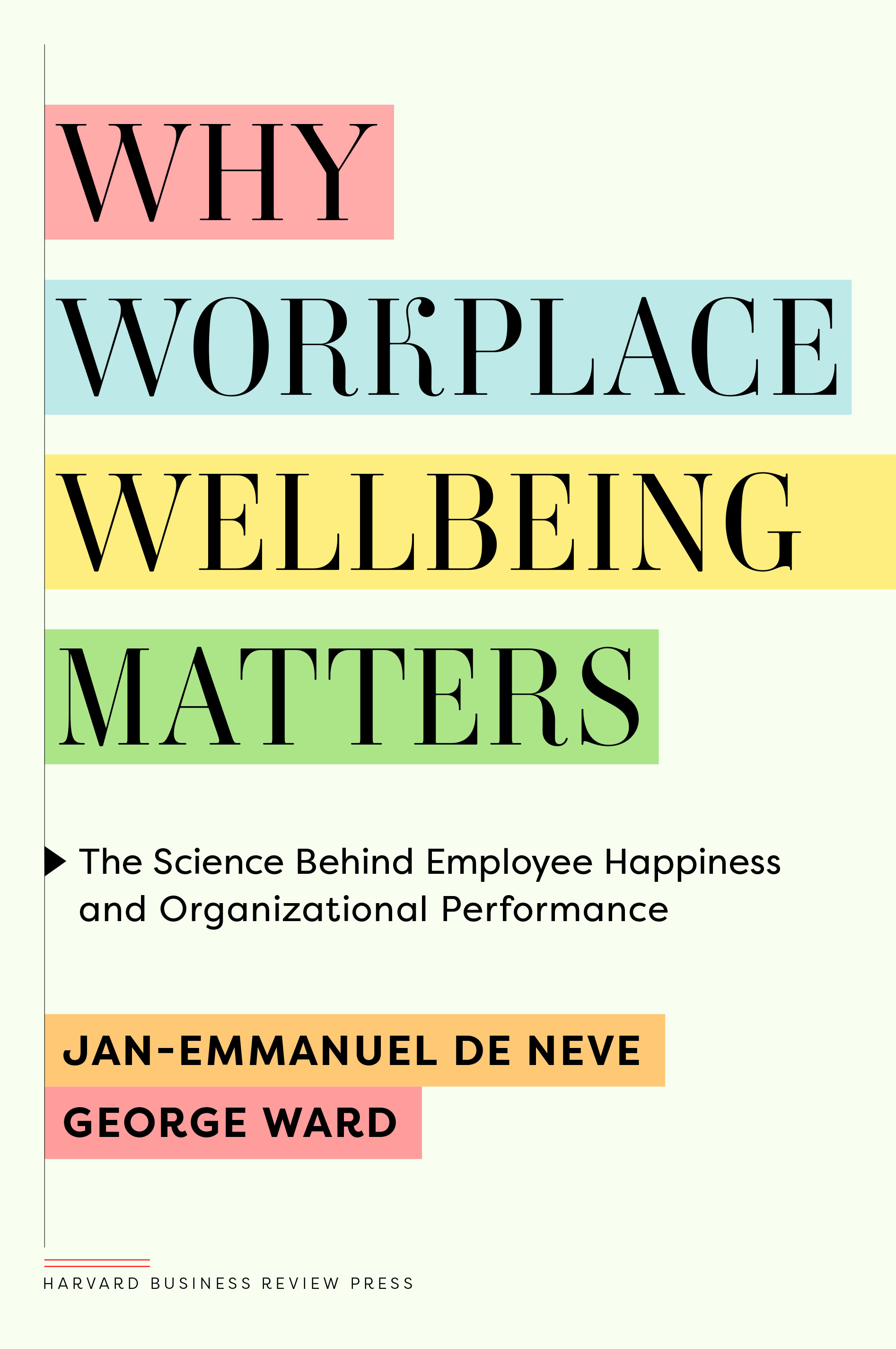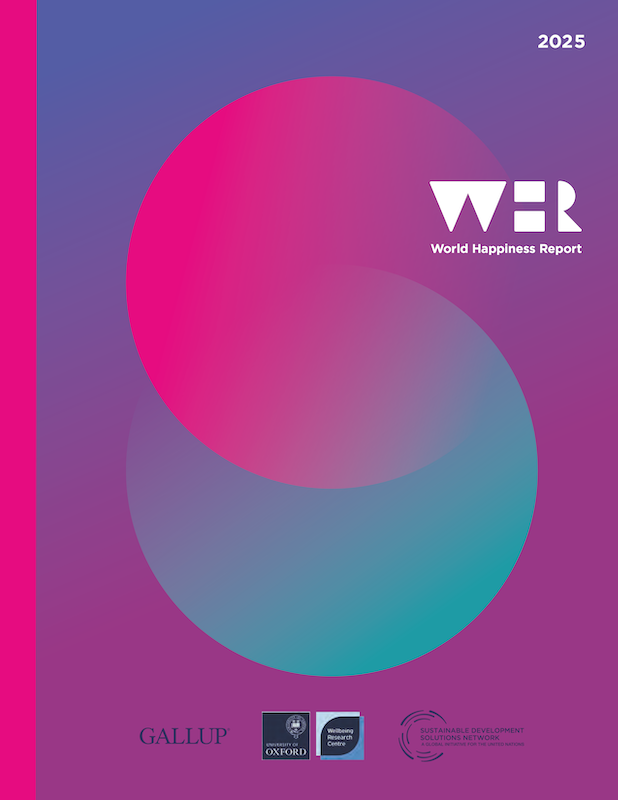
Beyond Material Poverty: Why Time Poverty Matters For Individuals, Organisations, and Nations
Harvard Business School
Laura M. Giurge & Ashley V. Whillans
Over the last two decades, global wealth has risen. Yet, material affluence has not translated into time affluence. Instead, most people today report feeling persistently “time poor”—like they have too many things to do and not enough time to do them. This is critical because time poverty is linked to lower well-being, physical health, and productivity. For example, in our analysis of 2.5 million Americans, subjective feelings of time poverty had a stronger negative effect on well-being than being unemployed. However, individuals, organisations, and policymakers often overlook the pernicious effects of time poverty. Billions of dollars are spent each year to alleviate material poverty, while time poverty is often ignored or exacerbated. In this Perspective, we discuss the organisational, institutional, and psychological factors that explain why time poverty is often under appreciated. We argue that scientists, policymakers, and organisational leaders need to devote more attention and resources toward understanding and reducing time poverty to promote psychological and economic well-being.

